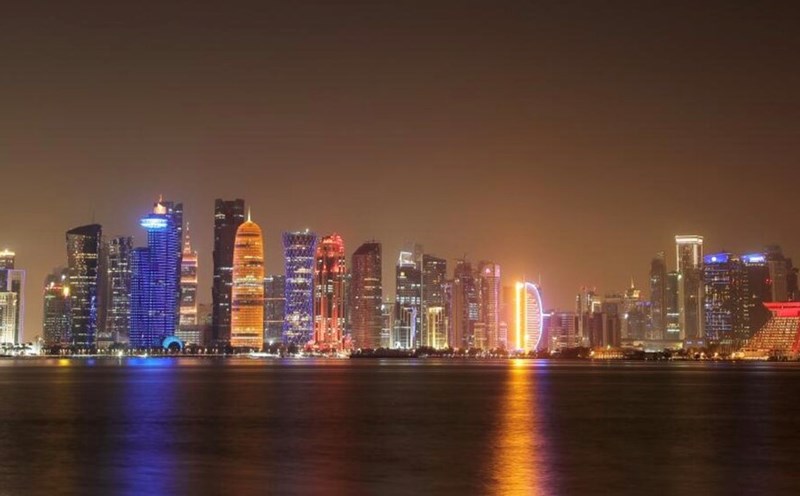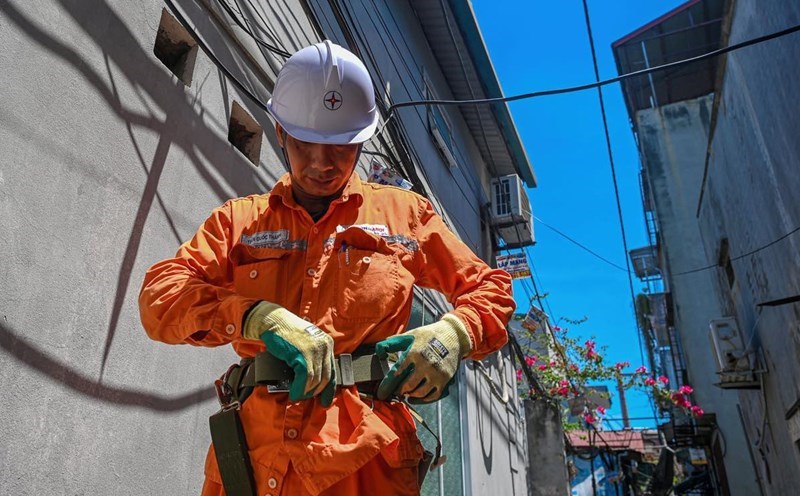On September 9, Hungarian Foreign Minister Peter Szijjarto announced that Budapest is preparing to sign the longest-term gas purchase contract ever with its Western partner.
On his personal Facebook page, Mr. Szijjarto wrote: Today, we will sign another long-term contract to buy natural gas. This will be the longest-term contract for gas imports from the West".
The Hungarian foreign minister stressed that the country had always made serious efforts to diversify its energy supply, but did not disclose a specific Western country where Hungary would import gas.

Meanwhile, Russia remains Hungary's main gas supplier. Currently, most of Russia's gas imports are transported under long-term contracts with Gazprom via the TurkStream pipeline and its branches through Bulgaria and Serbia.
According to Hungarian data, in 2022, the country will receive 4.8 billion cubic meters of gas from Russia; in 2023, it will increase to 5.6 billion cubic meters and by 2024, it will reach a record of 7.6 billion cubic meters.
Since the European Union (EU) imposed sanctions on Russia following the conflict in Ukraine, many member states have made efforts to reduce their dependence on Russian gas by finding alternative sources from Norway, the US, North Africa or LNG imported through European ports. However, Hungary is one of the few countries that still maintain close energy ties with Russia.
Budapest has repeatedly criticized the EU sanctions, saying they do more economic damage than weaken Russia. The Hungarian government affirmed that energy security is a top priority and cannot take any risks when cutting off supplies from Russia suddenly.
General Director of Russian gas giant Gazprom, Alexey Miller, has just warned that Europe could face a "real problem" with gas supply in the coming winter, especially if temperatures drop sharply.
Hungary's announcement of preparing to sign a new long-term contract from the "Western" is considered an effort to balance the need for diversification and the fact of great dependence on Russian gas.










